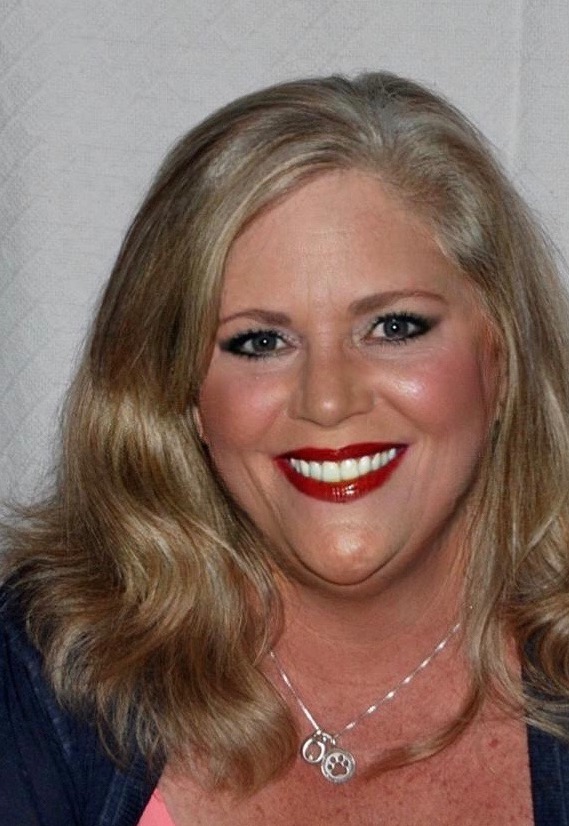
Over 13 million Americans currently struggle with incontinence while the most prevalent form, geriatric incontinence, exists in over 50% of the elderly population living in nursing homes and long-term care facilities.
Due to the sensitive nature of this condition, there is a high potential for sufferers to experience emotional and physical discomfort, along with stress brought on by the expense of managing incontinence for years, maybe even decades.
The patient’s family is often able to provide much-needed support, comfort, and financial assistance, but there is another solution. The right medical supply company can work with Medicaid, Medicare, or private insurance to help patients determine how much incontinence supply coverage they qualify for.
Good suppliers have incontinence care specialists who can help patients discreetly manage their condition by delivering incontinence supplies to their door each monthly. Incontinence doesn’t have to control a patient’s life when properly managed.
Fear of potential accidents or anxiety about needing quick access to bathroom facilities at all times can make people avoid enjoyable activities. By partnering with a reliable medical supplier, they can manage their incontinence and maintain their independence.
Geriatric supplies through insurance
When discussing incontinence supply coverage, it’s important to note that individuals in skilled nursing facilities must receive these products solely through the facility that they reside in. They do not qualify to have their supplies covered by an external provider such as a durable medical equipment supplier.
However, many patients in assisted living situations can qualify to receive incontinence supplies through primary or supplemental Medicaid coverage, alleviating the burden for both the themselves and their caregivers.
Typically, Medicaid plans will cover up to 200 incontinence supplies per month, but every state has varying requirements and qualifications that must be met in order to have their geriatric incontinence supplies covered. Coverage tends to be based on family size and income, and also requires a doctor’s diagnosis.
In order to provide a proper geriatric incontinence diagnosis, doctors will fully evaluate the patient’s history and conduct various tests to determine urinary control. Based on the results, the doctor can properly diagnose the type and severity of the patient’s incontinence.
The diagnosis is important for Medicaid and private insurers to determine the number of geriatric supplies that will be covered each month, based on individual needs. A patient with stress incontinence may not need as many supplies as another with urge incontinence.
Not all diagnoses are final, and in some cases incontinence can be greatly reduced or cured over time. However, geriatric incontinence is often a matter of management, which is why Medicaid coverage is absolutely necessary to help ameliorate cost.
Why customer care is crucial
Patients can determine coverage options by seeking out reputable medical suppliers. Many medical suppliers have online forms that can be used to quickly find out if incontinence supplies will be partially or fully covered by Medicaid, private insurance, or Medicare.
Having a qualified, professionally trained team is important to ensure this process is handled quickly and efficiently to reduce stress for each patient. Some suppliers will contact the patient’s doctor and insurance company to minimize the number of phone calls the patient has to make to have their incontinence items covered.
A good medical supplier also takes on the responsibility of shipping incontinence supplies to the patient’s residence each month to make sure they never run out. This process involves a proactive, educated team of specialists maintaining a line of communication with each patient.
Incontinence care specialists can assist patients by referring them to incontinence resources and providing product management education. Regular check-ins via phone or email also help specialists determine if changes must be made to the quantity of supplies or frequency of shipments.
Since discussing geriatric incontinence can become an emotional topic, it’s essential that each care specialist is properly trained to professionally diffuse these situations to maintain client relationships.
Clients can also take comfort in knowing that they aren’t alone, and nothing they discuss with their specialists will be judged. Incontinence care specialists understand that they have been entrusted with a responsibility that can enormously impact a patient’s dignity and quality of life.
Providing support, education, and care along with open communication is the key to helping patients receive the materials they need to maintain their independence. Incontinence doesn’t have to be a source of emotional and physical distress, it can be easily managed with a little help from the right resources.
Cheryl Williams is Urology Team Leader at Aeroflow Healthcare.



